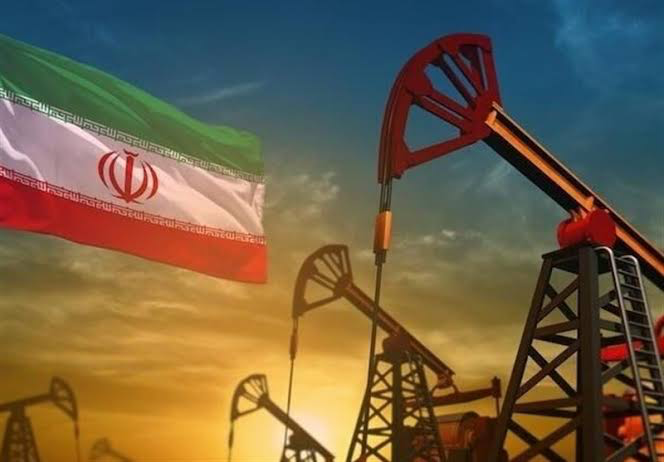Following a significant missile and drone strike by Iran on Israel, the Biden administration appears hesitant to enforce harsher sanctions on Tehran’s oil sector. This restraint is influenced by concerns over escalating oil prices and damaging relations with China, Iran’s largest oil consumer. The attack, seen as retaliation for an earlier Israeli action, has intensified debates within U.S. political circles about the appropriate response.
Representative Steve Scalise, speaking to Fox News, criticized the administration for enabling Iran to bolster its oil sales, which he claims support terrorist activities. In response, House Republicans are pushing for stricter sanctions to prevent Iran from using oil revenues in this manner.
Legislative Responses and Economic Concerns
The House of Representatives recently passed the Iran-China Energy Sanctions Act with significant support. This new bill mandates annual reviews to identify Chinese banks that facilitate transactions involving Iranian oil and proposes barring U.S. financial services to these entities. Despite its passage in the House, the bill faces a skeptical Senate, where concerns about rising oil prices prevail among Biden’s Democratic allies.
The Biden administration has pursued a careful strategy since taking office, aiming to crack down on sanction evasion by targeting entities in China and the United Arab Emirates involved in the Iranian oil trade. However, analysts like Scott Modell, CEO of Rapidan Energy Group, express doubts about the administration’s willingness to dramatically escalate sanctions enforcement under current global economic conditions.
Navigating Complex International Waters
The U.S. State Department maintains that it has not eased sanctions on Iran, emphasizing ongoing efforts to intensify pressure on Tehran. Yet, the dual challenge of preventing a spike in oil prices and maintaining a stable relationship with China complicates these efforts. China plays a critical role in this equation, with much of its oil imports from Iran reportedly mislabeled to evade detection.
Experts predict that while the U.S. might make gestures toward tougher sanctions, significant new measures against major Chinese financial players are unlikely. The administration aims to balance the need to respond to Iran’s aggression with the imperative to manage economic repercussions and diplomatic relations carefully.
As the Biden administration navigates this geopolitical crisis, its decisions will likely focus on maintaining international stability and preventing the conflict between Israel and Iran from widening. Effective diplomacy and targeted economic measures will be crucial in shaping the U.S.’s approach to dealing with Iran, ensuring that actions taken do not inadvertently escalate tensions further.
Source: Reuters



